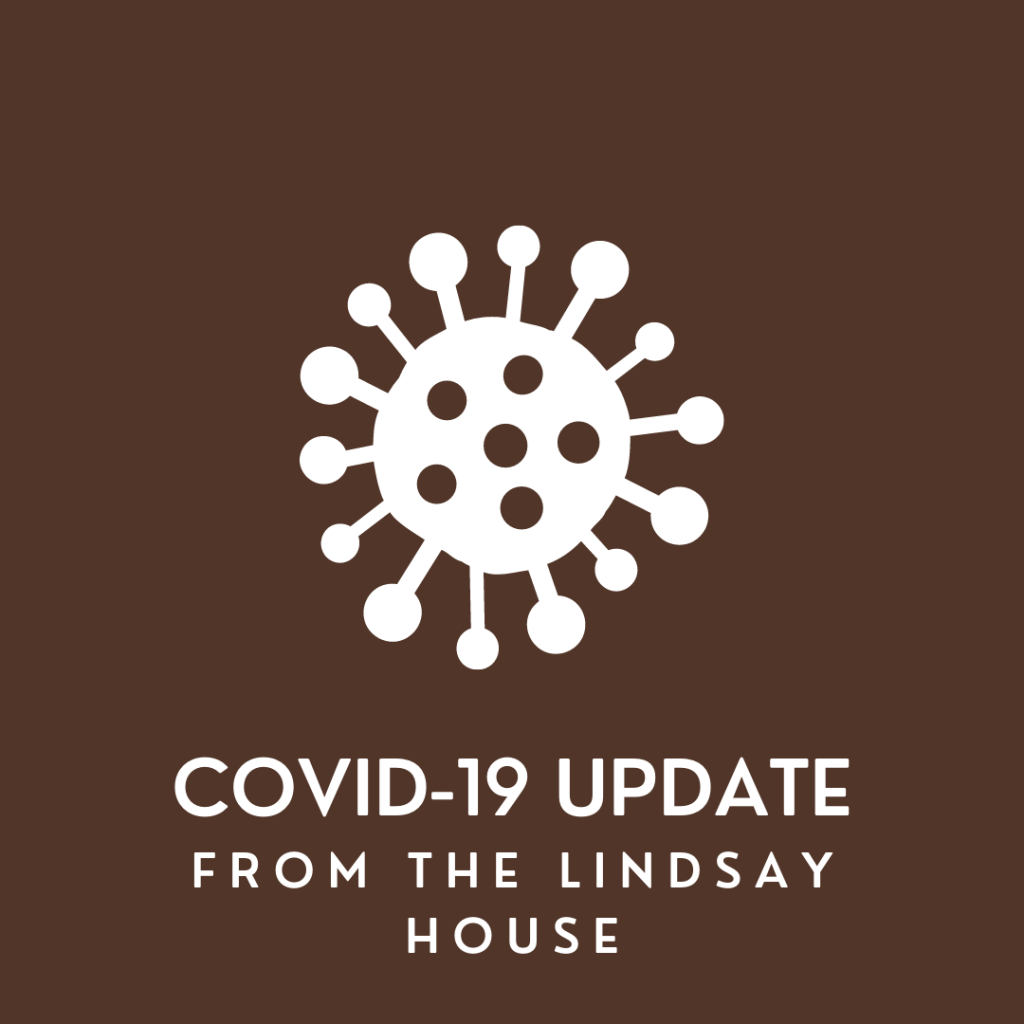The choice to breastfeed is an extremely personal decision and is something that many women feel very strongly about. Many will go to great lengths to ensure their ability to breastfeed their baby is not hindered because they believe in its benefits. As a result, board certified plastic surgeon Dr. William Koenig of the Quatela Center for Plastic Surgery, is regularly asked about how cosmetic breast procedures may potentially affect this. Breast augmentation is not only his most popular procedure, but is also the most popular surgical cosmetic procedure in the United States.
According to the American Society of Plastic Surgeons (ASPS), breast augmentation makes up 29% of procedures in women ages 20-29 and 37% of procedures in women ages 30-39. With this being the average childbearing age range, one of our most frequently asked questions is, “Will I still be able to breastfeed after breast augmentation surgery?” The short answer is probably; however, it is dependent on each individual patient.
If someone was able to breastfeed prior to surgery, they probably should be able to afterwards unless sensation is lost to the nipple, which happens about 2% of the time. However, many patients have not had children or breastfed yet, so they aren’t aware if they have the ability to do so. It’s important to remember that this limitation was most likely present prior to surgery because up to 50% of women are not capable of breastfeeding. Oftentimes the inability to breastfeed is blamed on the procedure itself, when in fact it was present prior to surgery.
When implants are placed through an areolar incision, there is the most risk of disrupting the milk glands. While the risk is low and can be avoided, this method could contribute to problems with breastfeeding in the future. Dr. Koenig most frequently uses an incision underneath the breast to insert implants, thus avoiding this possible complication.
Breast lift and breast reduction patients have a much higher rate of problems breastfeeding after surgery and should delay these procedures until after breastfeeding is complete if that is a priority of the patient.
If a patient chooses to have inverted nipples repaired, the procedure will remove the ability to breastfeed. For this reason, Dr. Koenig recommends waiting until after you are finished having children and breastfeeding before repairing inverted nipples.
Each patient has specific concerns and it is best to discuss these individually with a board certified plastic surgeon. If you’d like to speak to Dr. Koenig more about breast augmentation surgery, please call the Quatela Center for Plastic Surgery at (585) 244-1000 to speak to a Patient Consultant and schedule a consultation appointment. You can view Dr. Koenig’s impressive gallery of results at Quatela.com.





Leave a Reply